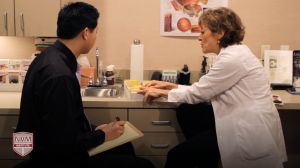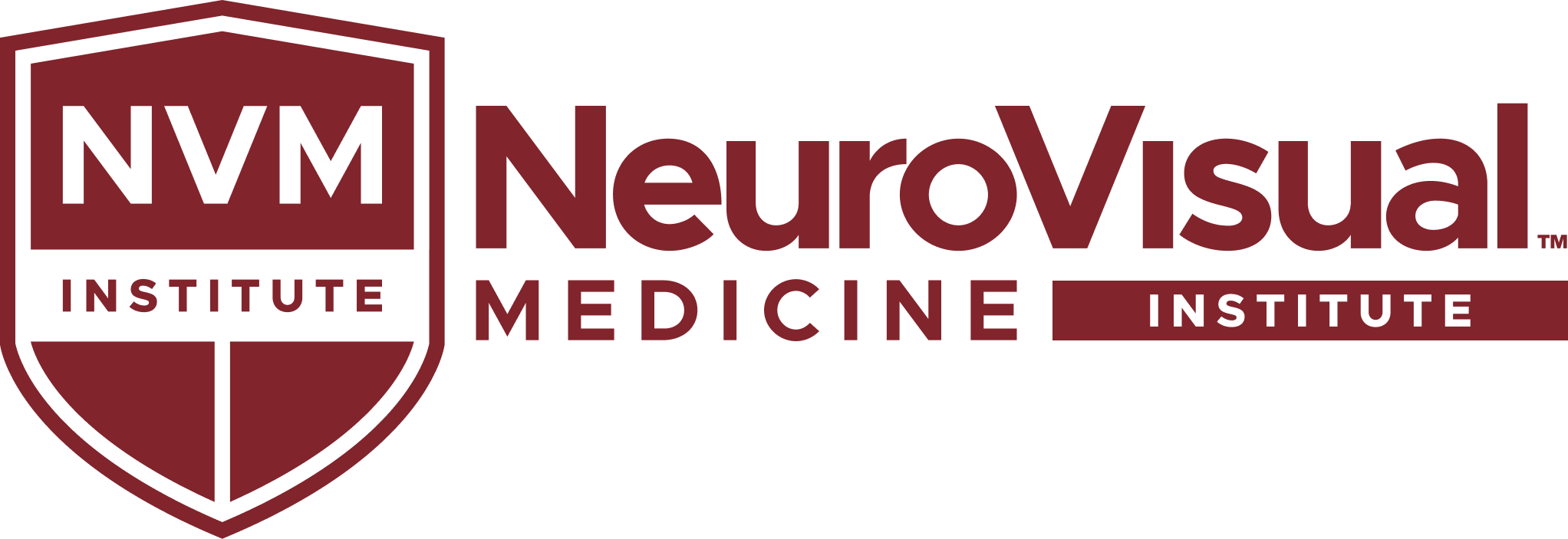Dr. Debby Feinberg Trains Others in Specialized Neurovisual Optometry Technique
“During our first visits with prism and trial framing, we can see right away if this is going to help”
Ever since Debby Feinberg, OD, started specializing in NeuroVisual optometry, she’s received questions and inquiries from prospective patients. Some patients have driven many hours, flown, or traveled by train to get to her practice, Vision Specialists of Michigan in Bloomfield Hills, Michigan. “We still get emails, at least 25 a week, from all over the country and the world,” Dr. Feinberg says. “The second I get someone from New York, I know where to send that patient’s information.”
That’s because Dr. Feinberg has been busy developing a referral network. Around the time Dr. Feinberg was last featured in Women In Optometry in June 2013, she and her husband, emergency room physician Mark Rosner, MD, were developing an 800-page manual that embodies the work they’ve done, much of it related to binocular vision dysfunction, a condition where the eyes are misaligned, causing severe headaches, dizziness, anxiety and neck pain. They created an in-person course to train other ODs on their techniques for treating these neurovisual optometry conditions. Over five days, doctors can earn up to 16 COPE credits while they visit Dr. Feinberg’s office and receive personalized education and instruction. “We also realized that these doctors would need necessary tools that aren’t standard in optometric offices, so each graduate goes home with a rolling suitcase, and they are ready to see patients as soon as they get home,” Dr. Feinberg explains. The course covers billing, clinical care, and marketing.
“My goal was to train optometrists so that patients would not have to travel for care,” Dr. Feinberg says, adding that she’s provided neurovisual optometry care for more than 500 patients who traveled great distances to see her. “We need colleagues trained in each town.” So far, nine graduates from California, Kentucky, Texas, New Jersey, New York, and Pennsylvania have trained in her program. Dr. Feinberg’s website contains a doctor locator, so patients who find her might be able to get in touch with a trained NeuroVisual optometrist closer to home.

Neurovisual optometry opens doors for both the patients (who find relief through treatment and new eyewear) as well as for practitioners who now have the opportunity to care for a new population of patients. “Who would have thought that eyeglasses could help people with headaches, dizziness, motion sickness, anxiety, and neck pain?” Many have been suffering for years. “We’re providing guidance in a new specialty in optometry. It’s a paradigm shift for doctors that they don’t need to see 20 patients a day. They can slow it down and see eight patients a day. It’s a financially viable model that is professionally very satisfying.”
Dr. Feinberg has been working with medical doctors to create awareness, and she spoke in October at the TEDxDETROIT event, an opportunity for national exposure to lay people on this important topic. While it was a step outside of her comfort zone, Dr. Feinberg says, she is eager to help medical doctors and the general population think about eyes in a new way.
This article first appeared in the November 2015 edition of Women in Optometry.
Want to learn more about Dr. Feinberg’s training program? Book a call with her team.
